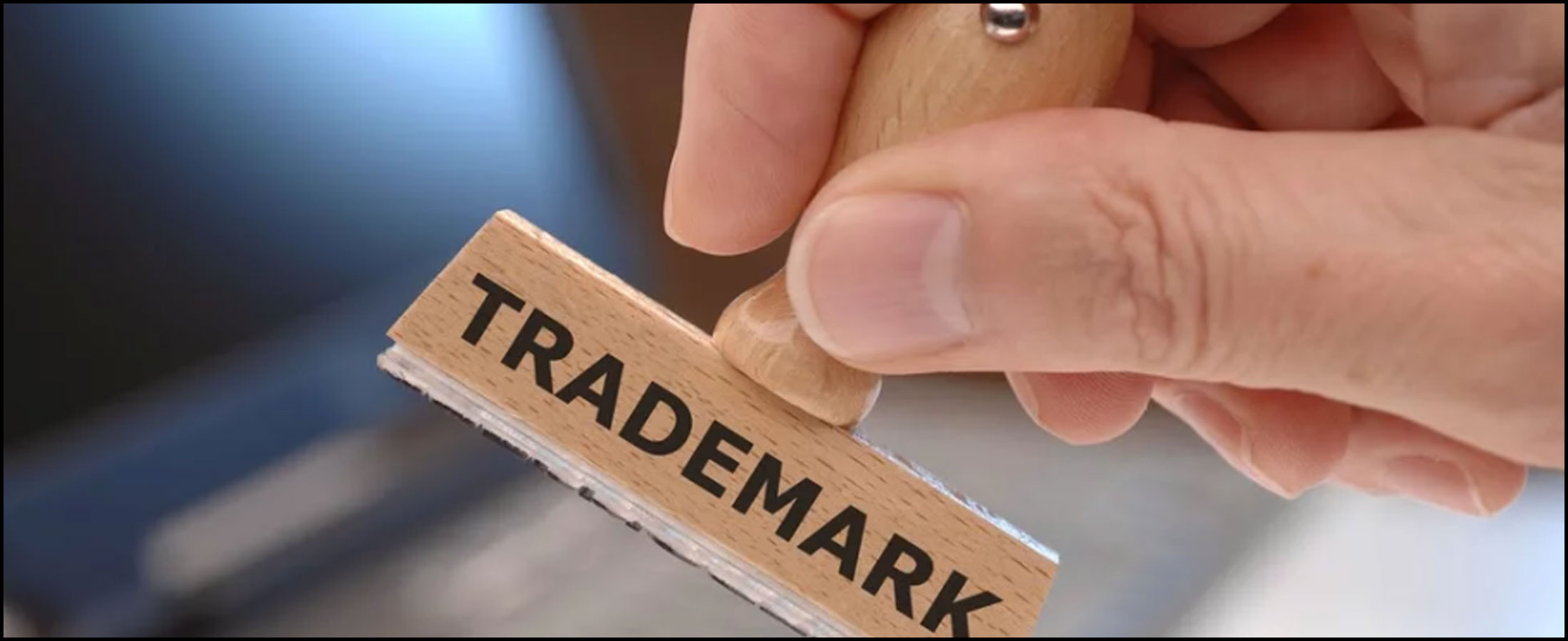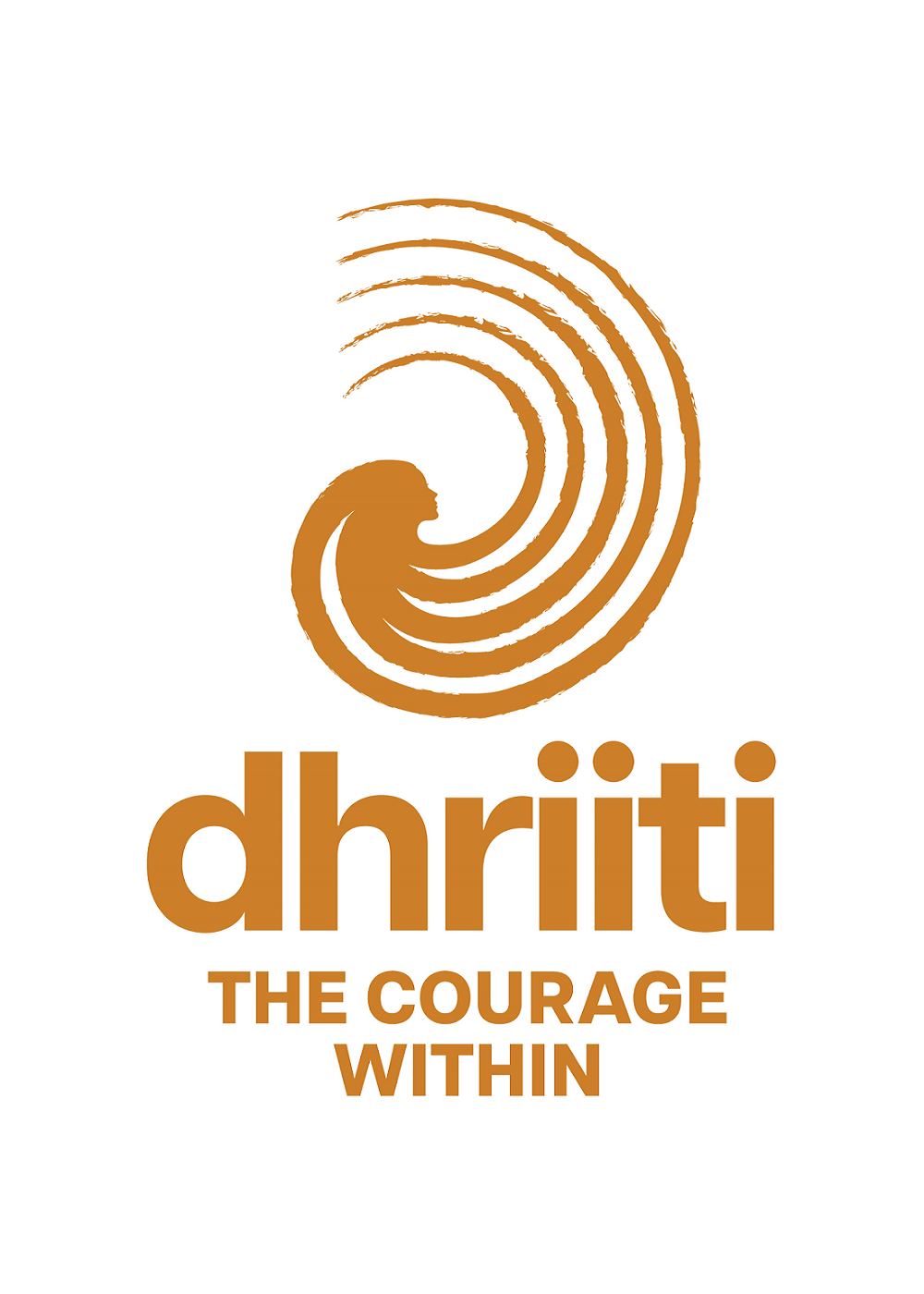
Experiential learning via nature Based activity
A lot has been written on what is entrepreneurship? How do you become a successful entrepreneur and various success mantras on it..
Every one has his or her side of the story to write or tell on what it takes to be an entrepreneur… So do I! It might be reinventing the wheel but well there is one thing which I have realized that has made me stay put in my journey of an entrepreneur… I have believed in one statement “Do your work, don’t worry about the results” as stated in Bhagwad Gita. That’s the fact of life… If one makes this statement as his/ her foundation of life, it becomes quite easy to overcome every challenge that comes our way…
Well what this statement really means, is enjoy the process/ steps/ journey… results or your destination will be reached depending on the steps one took during the journey. Entrepreneurship is also the same.
When one decides to become an entrepreneur one needs to have a few things clear in his/her mind in the following order-
Question1. Why am I taking this journey?
Be really honest with yourself. This is your journey nobody else’s. Challenges and problems coming in your own path have been created for you and only you can solve them… No one will be able to give you the right answers. You need to be super clear in your head if you are ready to face these questions all by yourself. After all everyone will be there to tell you, either sugar coated or as a bitter statement, ” It was your decision, now face it… we cant do much about it, because we have not gone on that forbidden path…” So remember its not for weak hearts and dishonest people. (dishonesty with oneself)
Question 2. If you have the answer to the above question then its time to probe further- What am I gonna do? What is it that will keep me hooked on even when things are not working for me… Trust me it might take years before you really get cracking…. So be very clear and again do that heart to heart talk with yourself what is that you really love or are passionate and are willing to fight for against all odds to get it right. Trust me entrepreneurship is not about money… If you think you will make more money by becoming an entrepreneur, then my dear don’t take this path.
Entrepreneurship is about freedom to do what you think is right! Its freedom from the mundane life! Its freedom from taking orders! Its all about creating new paths which world is yet to see.
Question 3. Last question to answer- How do you plan to take this journey?
You have a job! People are dependent on you, how will you sustain yourself and others? This is the toughest question to answer… But trust me if you have answered the above two questions honestly, you will manage your way out.
When you begin the journey of being a true entrepreneur you will be required to continuously ask yourself these questions as challenges will keep cropping every day in some way or the other… its these questions and their honest answers which will help you move forward in your journey, it might be slow or fast, but you will move forward. You have to constantly keep asking these questions in the same order for any kind of challenge you come across in this beautiful journey to help you reach your destination.If you are asking why, then answer to that is also simple, you are the only one who knows the destination, everyone else are just following you… so they are dependent you and are ready to follow the path you are going to take… After all entrepreneurs are the real innovators and find a way for the rest of the world.
Original content of the above blog can be read at: http://explearningvianature.blogspot.in/2017/11/decoding-entreprenurship.html

What are the steps involved and the costs to register a trademark in India?
The official fee charged by the Indian trademark office is Rs.4500 (Individuals, Startups and Small and Medium Enterprises – SME’s) and Rs.9000 (for others) per mark per class. The professional charges start from Rs.1999 and upwards depending on your service provider. It is as simple as deciding to have pani poori from your street corner vendor or having it at a five-star hotel. What’s important to be considered in choosing your service provider [as with any service] is the experience and quality of service one offers.
Your brand is the most valuable asset of your business and you should take some time to choose the right service provider. You can ask your service provider to provide you with a list of trademark they have helped register. Trademark records and their details are made available to the public and your service provider should be able to provide you this without any hassles. You can then cross check a few application numbers at the Indian trademark office website by keying in the application numbers.
Another major issue faced by trademark owners in India is that every tom dick and harry offers trademark filing. Yes, they offer filing, not registration. While I appreciate the fact that several designers, domain name registrants, accountants, engineers, and CA’s offer this as an extended service to their clients, it is unfortunate that quite a few of these service providers learn trademark law at the cost of their clients. It is also important to understand that obtaining a registration for a trademark in India involves several steps and it is not merely a form filling job. You should ask your service provider to provide you with the other costs, if any, from filing to registration. In many cases the trademark owner is in for a surprise with additional costs at a later date when objections are raised by the trademark office or oppositions are filed by third parties.
Let’s understand the steps involved in getting your trademark registered in India.
- Selecting a mark
- Classification of goods or services
- Search the trademark office records
- Filing the application
- Responding to objections from the trademark office
- Advertisement in the trademark journal
- Handling opposition by third parties
- Registration
- Maintenance or Renewal
Selecting a trademark is one of the toughest job for the trademark owner. This is going to be your brand and changing it later is not going to be easy. After several brainstorming sessions, you choose the right brand name for your business. Now that you have come up with a brand name it’s important to do a trademark search.
Classification of goods of services is very important for you to protect your trademark for the right goods of services you offer under your trademark. It is important that your service provider understands your business well before deciding to select the classes in which the trademark should be protected. For example, your trademark will fall under difference classes if you offer web app development services vs having an app for the purposes of selling goods online.
Trademark Search is the process where the records of the trademark office are searched for the same or similar marks in the classes of your choice to see if anyone has filed for similar marks earlier than you. Additionally, it is advisable to do a general Internet search as well. Several countries including India are not a first to file but rather a first to use country. This means that whoever uses the trademark first gets more rights than the one who filed for an application with the Indian trademark office.
Thought trademark rights are territorial, technology has made the world a small place. Hence, it is advisable to run a Global search in whichever jurisdictions possible. Several trademark office databases are available online with free access.
A good thumb rule we follow at our firm is to check if a .com domain name is available for your trademark. If it’s not available, then it’s a red flag that needs to be considered. Many times, the domain names are merely parked and not used.
Costs for a trademark search: [Professional fees range from Rs.500 to 2500 per trademark per class along with a professional opinion+ No official fees.]
Filing the application may be one of the easiest one once the above steps are done properly. It’s like as getting your foundation in place before you start building your house. However, it is important to put in the right information in your application to avoid any objections by the trademark office on a later date. This obviously comes with experience.
[Professional fees range from Rs.999 and upwards per trademark per class + Rs.4500/9000 as official fees per mark per class.] Timeline: 1 to 2 days.Objections are raised by the trademark office when they examine your application to register your trademark and the same should be responded to and complied within one month from the date of such objections. Most of these objections can be avoided when the same is foreseen at the time of classification and trademark search by your service provider. This not only saves costs but a lot of time in the process of getting your trademark registered in India.
[Professional fees ranges from Rs.1499 and upwards per trademark per class. No Official fees] Timeline: 1 to 2 months from the date of filing your application.Advertisement of the application in the journal is because any third party can oppose to the registration of your mark on several grounds. The most common one being that your mark is like their mark. Opposition proceedings are long and costly and could be avoided by following the right strategy before filing the application. Timeline: 4 months from the date of advertising the application.
Registration is granted in the absence of any opposition within 4 months from the date of advertisement. The registration is valid for a period of 10 years from the date of the application. You should start using the ® symbol on your trademark immediately. Timeline: A week after expiry of the opposition period and in
the absence of any opposition.
Renewal of a trademark in India can be filed six months prior to its expiry date. The renewal grants another 10 year protection to your rights on your trademarks. [Professional fees range from Rs.1999 and upwards per trademark per class + Rs.9000/class as official fees per mark per class.]
Your brand is your most prized asset and trademark rights are perpetual. It should be carefully coined, protected, and maintained. When you decide to file for an application to register your trademark keep these in mind in choosing your service provider.
If you have something to add to this article or comment on the same feel free to comment below or reach out to me by email.
Original content of the above blog can be read at: https://selvams.com/blog/steps-involved-costs-register-trademark-india/

Trade Marks Rules, 2017 – What it means for Startups & SME’s
The Controller of Patents, Designs and Trademarks through a public notice dated November 19, 2015 brought to the notice of the public the draft of the Trademarks Amendment Rules, 2015 proposing to amend the Trademark Rules, 2002 and had invited comments from the public and stakeholders within 30 days from the date the notification published in the official gazette of India. At last, the Trademarks Rules, 2017 came into effect on March 06, 2017 with several changes ranging from increase in official fees, discount for online filing of trademark applications, hearing through video conferencing, maintaining a list for well-known trademarks among other things.
While this post will cover only the amendments with respect to startups and small enterprises (SME’s) you may also check out posts from my colleagues in respect of the journey of the trademark office from paper filing to digital, practical aspects of the online trademark filing system, increase in the official fees to an extent of 125% and changes in the rules in general and the reduction of the number of the trademark forms.
The new rules offer 50% discount on the official fees for startups and SME’s (small and medium enterprises) with respect to filing an application for registration of a trademark and for expedited processing of an application for registration of a trademark. Filing an application for registration of a trademark is Rs. 5000 (Paper Filing) / Rs. 4500 (e-filing and expedited processing of an application for registration of a trademark is Rs. 20000 (e-filing only)
The applicant should be recognized as a startup by the competent authority under the Startup India initiative. To qualify as a small enterprise, the applicant’s investment in plants and machinery alone should not exceed ten crore rupees if the applicant is a manufacturer. However, if the applicant is a service provider, the investment in equipment in general should not exceed five crore rupees.
Unlike the Indian Patent Amendment Rules, 2016 where the applicant being a startup/individual/SME enjoys discounted costs for the entire life of a patent application and even subsequently thereafter, in respect of renewal of the patent, the Trademark Rules, 2017 has limited the discounts with regard to Startups/Individuals/SME’s only filing and expedited examination of the trademark application.
The other amendment that startups might find useful is the ability to request amendment of the specification of goods and services in the event of them being wrongly classified at the time of filing the application. On several occasions, entrepreneurs and applicants file applications on their own or using a low-cost filing service provider which may not have an experienced lawyer to classify the specifications of goods and services. When the trademark office raises objections on erroneous classification, the only option earlier was to file a fresh application or delete the specifications objected by the examiner. However, the amendment now provides for splitting the classification and adding new classes to the present application. This will save the applicant from losing time and priority by filing a new trademark application.
Original content of the above blog can be read at: https://selvams.com/blog/trade-marks-rules-2017-means-startups-smes/

New initiatives from the copyright office for registration of copyrights in India
Digital technology is drastically changing our ways of life, whether it’s home or office and the Copyright office is no exception to it. In its attempt to use the technology and to enhance transparency in Copyright prosecution in India, the Copyright Office recently issued a Public Notice wherein stating that the Copyright Office going forward shall publish on its website a list of all applications received by it for copyright registration. The said list shall be published on the first Friday of every month.
Recently, the Government of India has shifted the Copyright Office under the control of the Department of Industrial Policy & Promotion (DIPP) which operates under the Ministry of Industry and Commerce. Now, DIPP has control over Copyright Office in addition to the Patents, Designs, and Trade Marks Offices. Over the years, the Trade Marks and Patents Offices have been publishing the accepted applications in weekly Journals respectively and on similar lines, the Copyright Office has now initiated the monthly publication of copyright applications.
Under Indian Law, copyright comes into existence the moment a work is created. However, the copyright registration provides you with the statutory right to have the work protected under law and it constitutes prima facie evidence in case of a copyright infringement. In order to have a copyright registered, the Applicant has to follow the procedure laid down in the Copyright Act and Rules thereunder.
As per Rule 70 (9) of the Copyright Rules 2013, the person applying for registration of a copyright shall give notice of his application to every person who claims or has any interest in the subject matter of the copyright or disputes the rights of the applicant.
In lieu of the said provision, this publication of a list of applications by the Copyright Office would be treated as a notice. Post-publication, the copyright applications shall be open to objections from third parties for a period of thirty (30) days from the date of availability of the said list to the public and in the absence of any such objection being raised within the prescribed time, the copyright applications shall proceed towards examination.
However, in the event an objection is raised by the third party, the Applicant would be required to submit the corresponding documents/response with respect to his copyright application, failing which the application will be treated as abandoned.
This initiative regarding the publication of copyright applications is a significant step forward towards bringing in, the digital technology in intellectual property registrations. The Copyright Office has taken the attempt in order to ease the procedure of Copyright registration in India and consequently, it also paved way for speedier disposal of the applications. The innovative approach of following the procedure of giving notice under the said rule would definitely give relief to the Applicants of Copyright registration.
Original content of the above blog can be read at: https://selvams.com/blog/new-initiatives-copyright-office-registration-copyrights-india/

Why Startups need to protect their Intellectual Property before disclosing it
Intellectual Property – Creations of your Mind
‘A hundred and one wonders our mind holds,
And out of it rarely a creation unfolds!’
Isn’t that true? Imagine you have created something ingenious, what we formally call “Intellectual Property” or simply IP, like a truly mind-blowing technology/invention or an original design or a very simple yet original poem like the one above. So what would your next step be? Simply cherish the IP and give it all up for the others to use (the right word here is “misuse”) or protect the IP in the way it should be?
Start-Ups and IP
Of course, the above scenario holds good for any person; but it is all the more important if you are a Start-up, fresh into an industry, trying to make your efforts count, especially where your business involves dealing with IP. Moreover, as a Start-up, you may have the zeal for business, yet being new, you may not possess a clear idea about the implications your Intellectual Property might have on your business.
Why Protect IP
You may naturally have second thoughts about protecting your Intellectual Property and several questions may arise, such as-
- Is the IP valuable enough to be protected?
- Why take/waste the efforts and resource to protect the IP?
- What if I stay put and simply enjoy the IP?
All the aforementioned questions are answered below.
Is the IP valuable enough to be protected?
A Start-up’s IP may be anything ranging from a newly invented know-how/invention that is banked upon to run the very business or simply the brand which would be the identity of the Start-up or some creative content like literary, dramatic, cinematography, artistic or sound recording work. These are only a few broad examples. In all the cases, your Start-up would revolve around your IP in one way or the other and managing and protecting the same might actually decide the ground for you.
Why take/waste the efforts and resource to protect the IP? What if I stay put and simply enjoy the IP?
Let’s take an interesting example – Imagine you have invented the transportation machine by which you can get transported from one place to another within moments (a.k.a Harry Potter style). Obviously, you would intend to cash in on the said technology/machine and you decide to enter into a Joint venture with another entity and disclose all the details relating to your machine/technology in good faith without any reservation.
One fine day, you may find that a partner or collaborator decides they no longer need you in the project, and to your surprise, they’re already moving forward to leverage the technology, claiming ownership over it. It’s a familiar scenario that many innovative startups face, with ideas or technologies being taken over by more powerful entities. In such cases, a legal battle is always an option, but these can drag on for years, often with detrimental effects on a small business’s survival. Instead, learning to secure intellectual property early on or choosing trustworthy partners can help protect your innovations. In this way, startups can prevent falling prey to larger entities acting as a slot monster casino draining resources without fair play – and can instead focus on thriving in a competitive landscape.
Another example – You have created a brand/mark for a product and your whole business revolves around it. But getting trademark registration for the mark/brand just slipped your mind and then out of the blue, you come across another mark which has an uncanny resemblance to your own brand. With no trademark registration backing for the mark, you will have to battle with the other party to prove that you are a bonafide owner of the mark and that you are genuinely using it prior to the other person.
Another scenario is where you author a book or create a design and in each case, protection of the IP becomes crucial. Else it is better to be prepared for third parties to hijack your IP and more importantly, the financial openings that your IP would have laid at your doorstep.
The Reasons in a Nutshell
1) Your IP is your brainchild and for this sole reason, it deserves protection.
2) Your very idea of initiating a business/Start-up might have sprung from your IP or in due course, your Start-Up might come to bank upon an invention or a trademark or other original, creative content. So even to get the Start-up thriving and running, protecting your IP is imperative.
2b) As a joinder to the above, your IP might be capable of financially feeding you and your Start-up like royalty for invention licensed to a third party or a franchise and continued protection of the IP is what ensures that the financial inflow does not cease.
3) Where you disclose your IP to third parties without protecting it first, you would only engage in legal battles to prove your ownership to the IP, which is not only time-consuming but will end up swallowing your very Start-up with the financial burden, not to mention the mental agony it brings with it.
Hence it would be prudent to take the effort and protect your IP as soon as creating it rather than disclose and take desperate efforts to hold on to it later.
There is no end to IP protection
Be it a Patent, Trademark, Copyright, Design or other forms of IP, the protection process does not end as soon as you register the IP. IP protection is a continuous process. For one, renewal of your IP (where applicable) as and when it arises, is a must do. Comprehensive information on renewal of trademarks by my colleagues could be found here.
Once you have an official entitlement to your IP, the next step is to stay vigilant to ensure that no person attempts to hijack/infringe it, let’s say by using similar technology/deceptively similar mark/similar piece of work. This is in most cases, entrusted to IP counsels who would have a better idea as to what might pose a threat to your IP. In this situation, you have a better edge since you will not have the necessity to prove your title, which is the most important point to be established.
Driving home the point, in respect of trademarks, where a person has a registration for a mark and a third party has a mark deceptively similar; a suit for infringement (more about infringement could be found here) can be filed and in such a suit, only the deceptively similarity is required to be proven. On the other hand, where the mark is not registered, a passing off action can only be initiated, in which case, not only deceptive similarity, but likelihood of deception/confusion is also required to be proved. This of course is certainly not an easy task.
IP for Inviting Problem or Invaluable Protection
The above would certainly give a fair idea as to why it is imperative to protect IP before disclosure to any person. And there are various ways to protect your IP which would, inter alia, depend upon the nature of IP and other surrounding factors. You could always write to us to know ways to protect your IP. You could either protect it or wait for others to protect it..in their name of course.
Original content of the above blog can be read at: https://selvams.com/blog/startups-need-protect-ip-disclosing/

